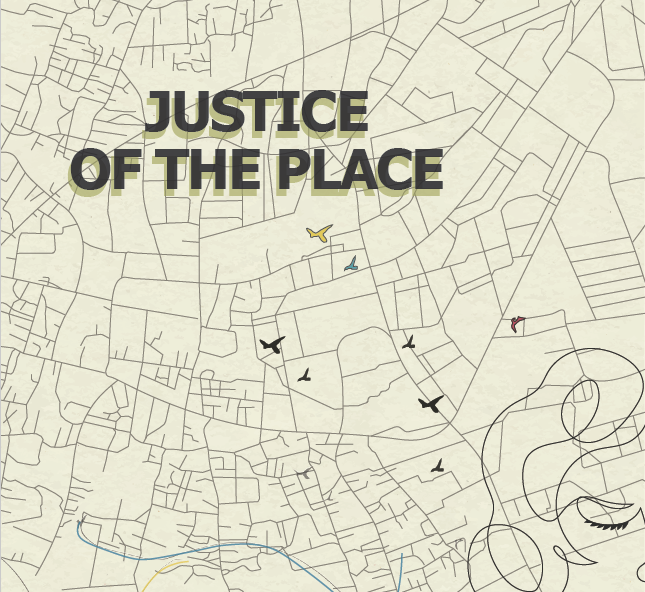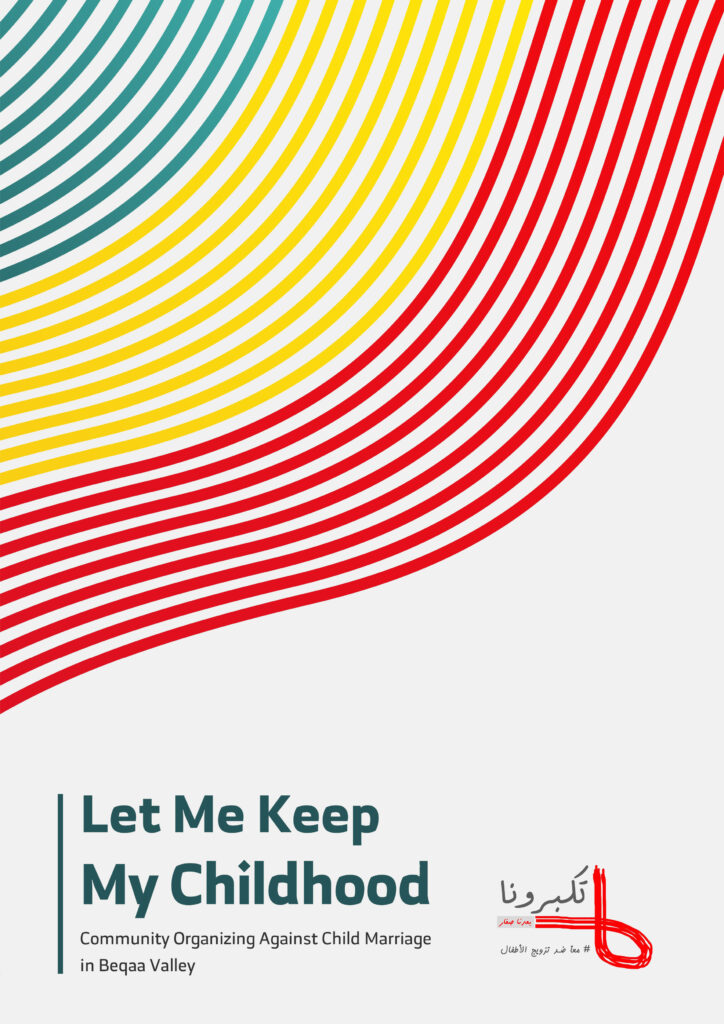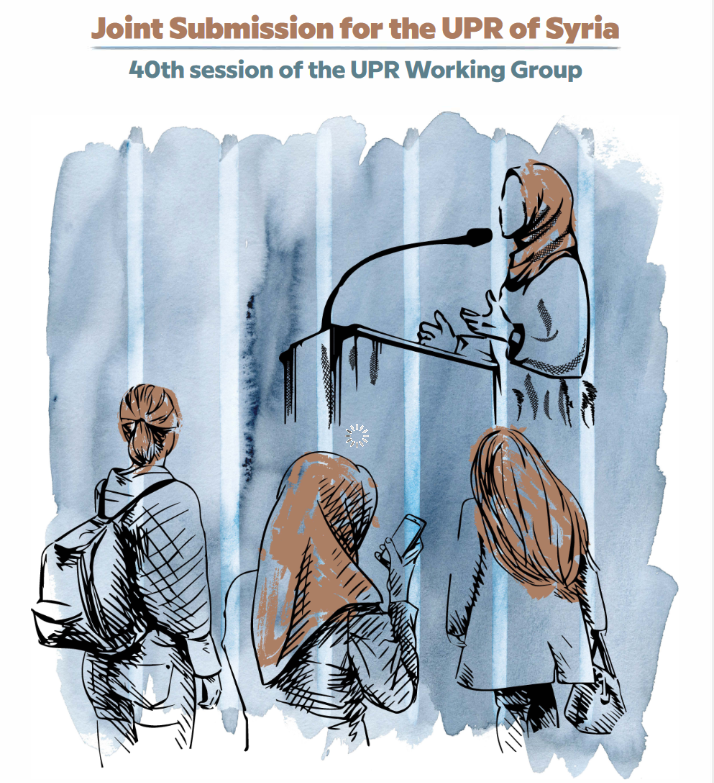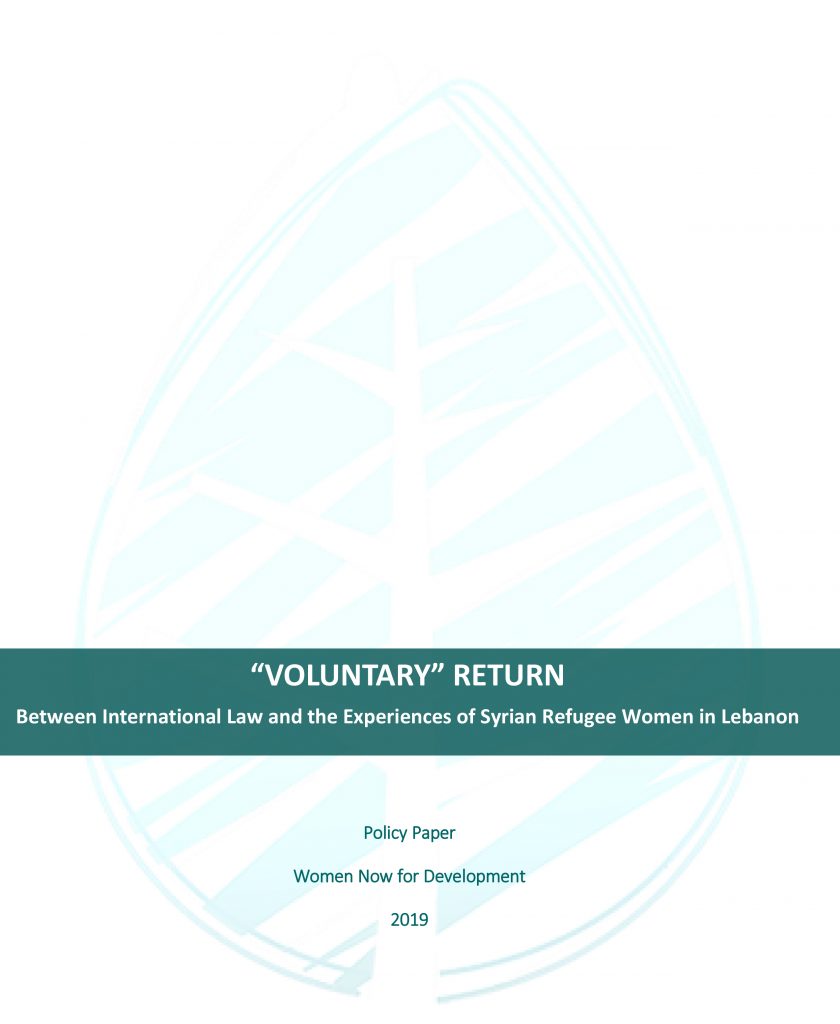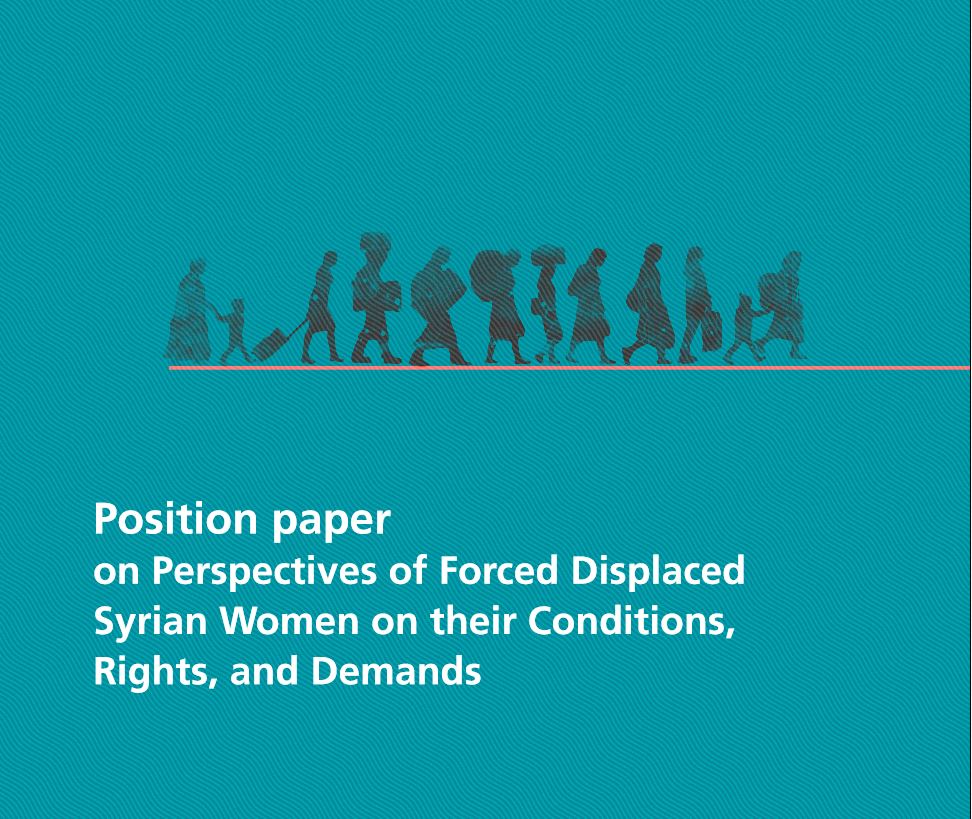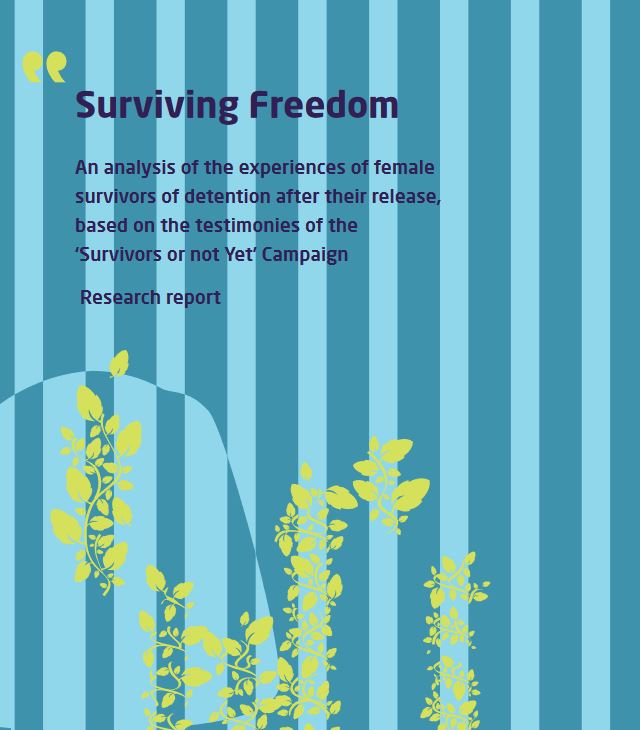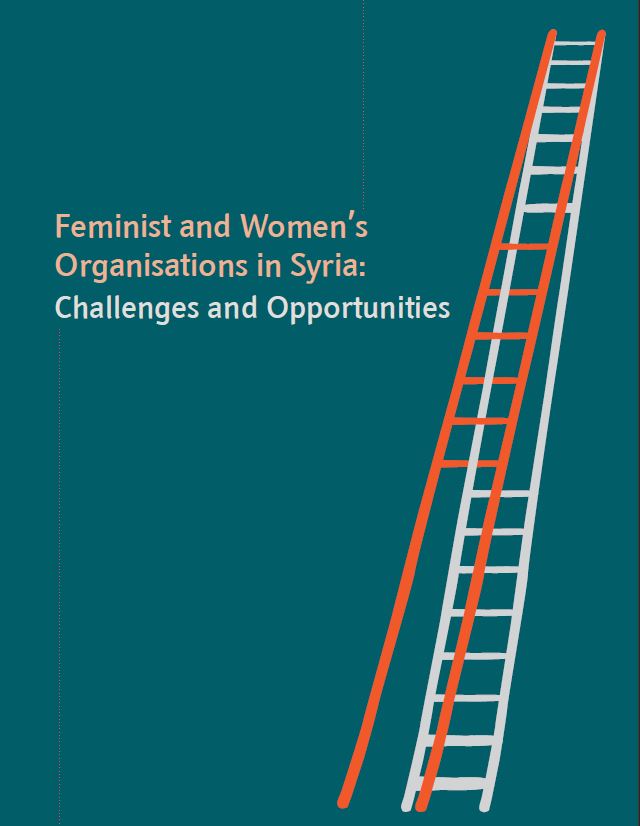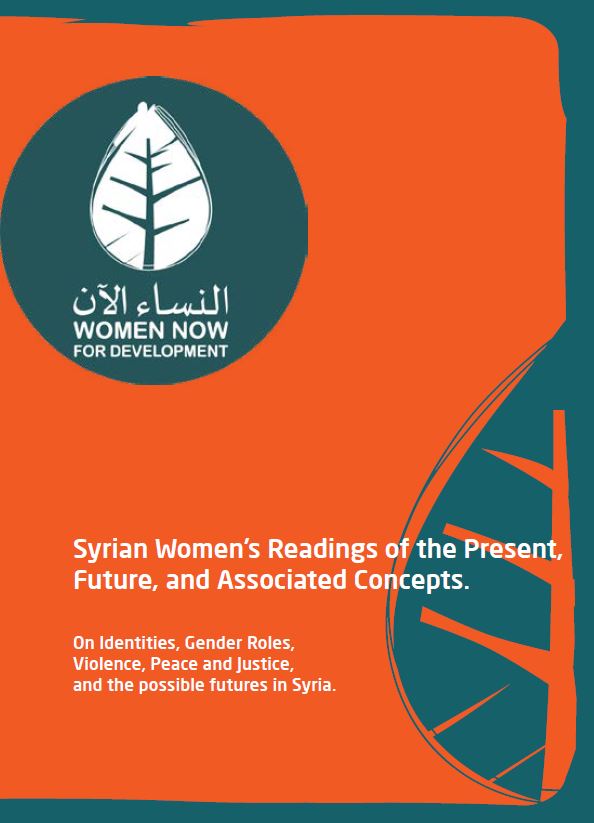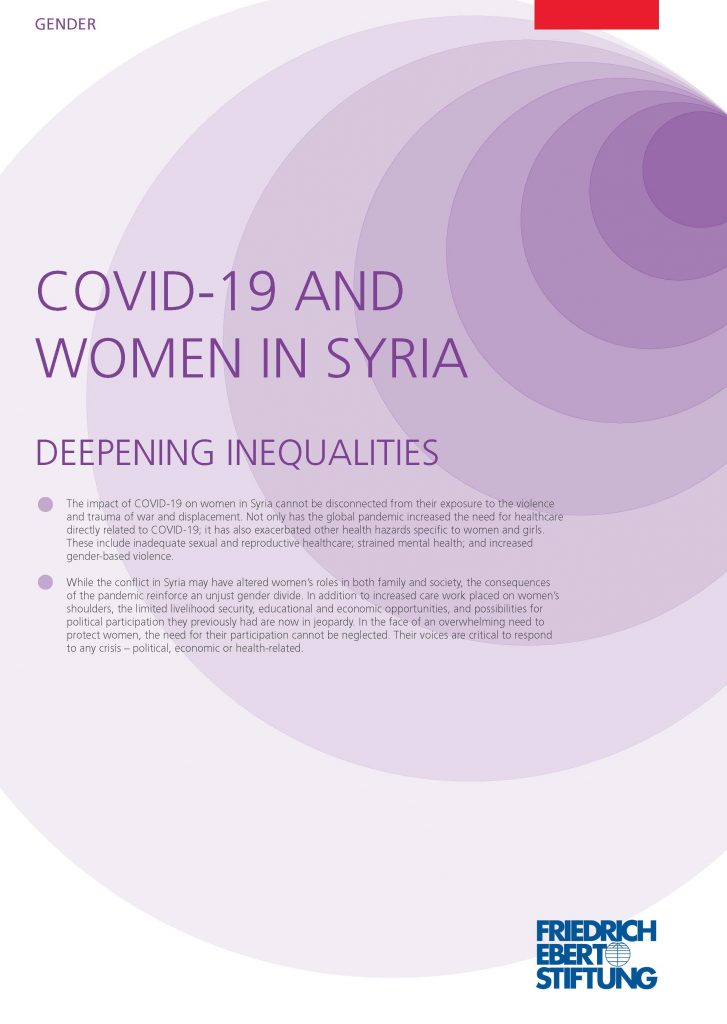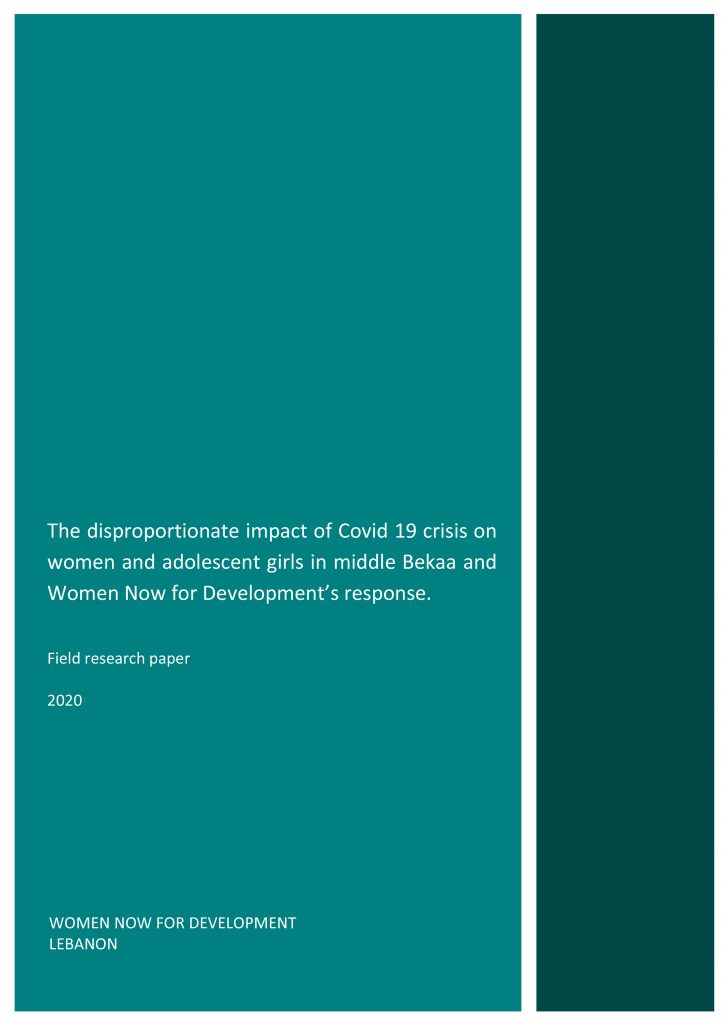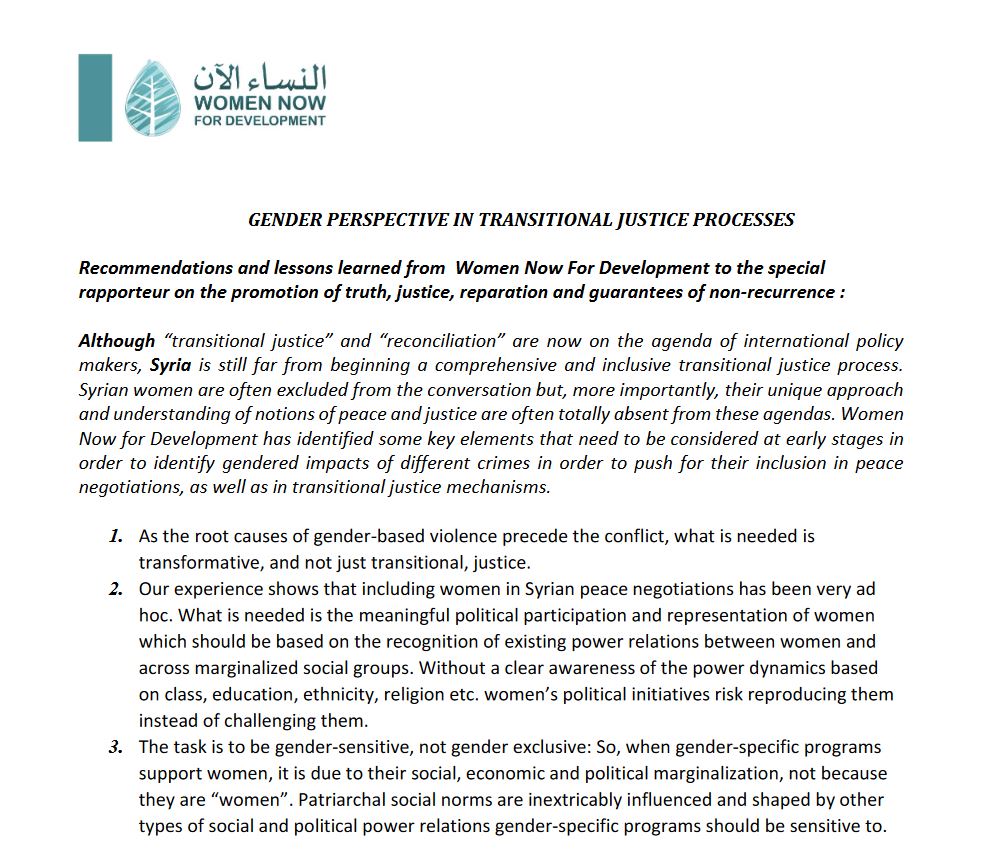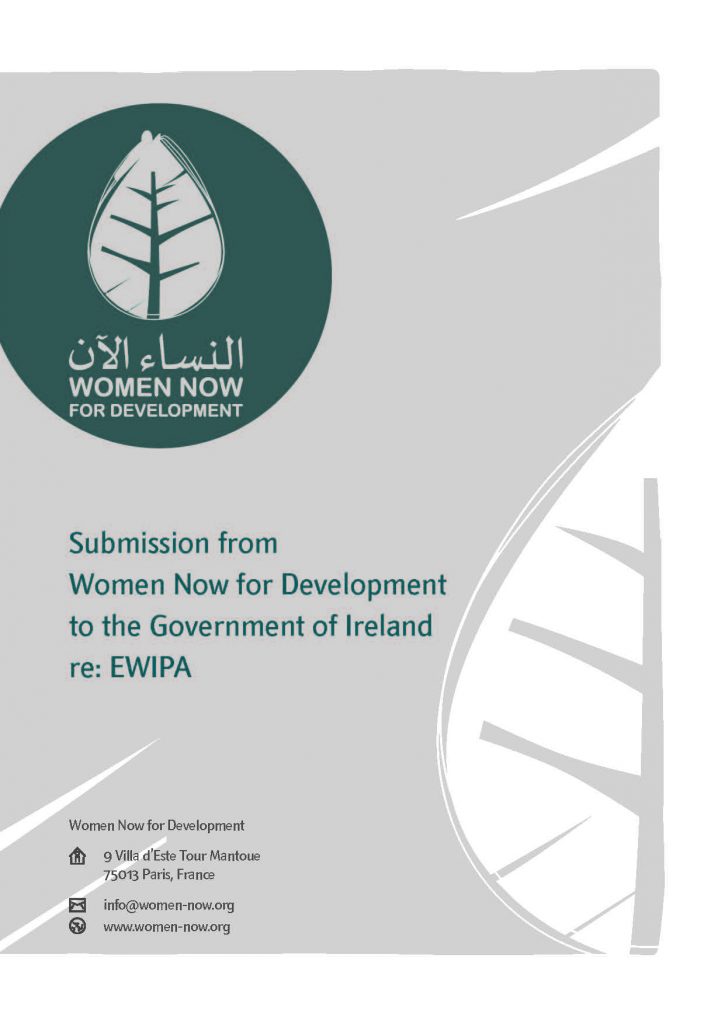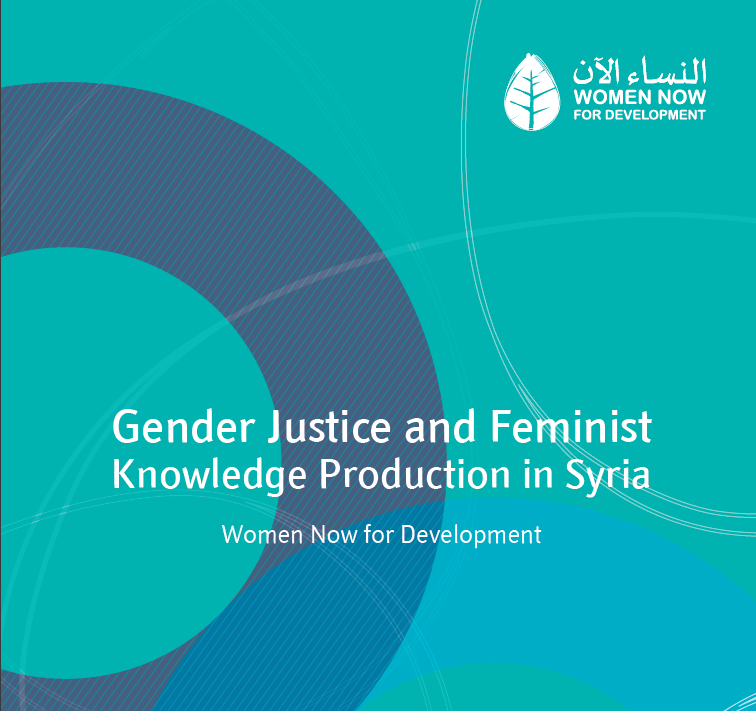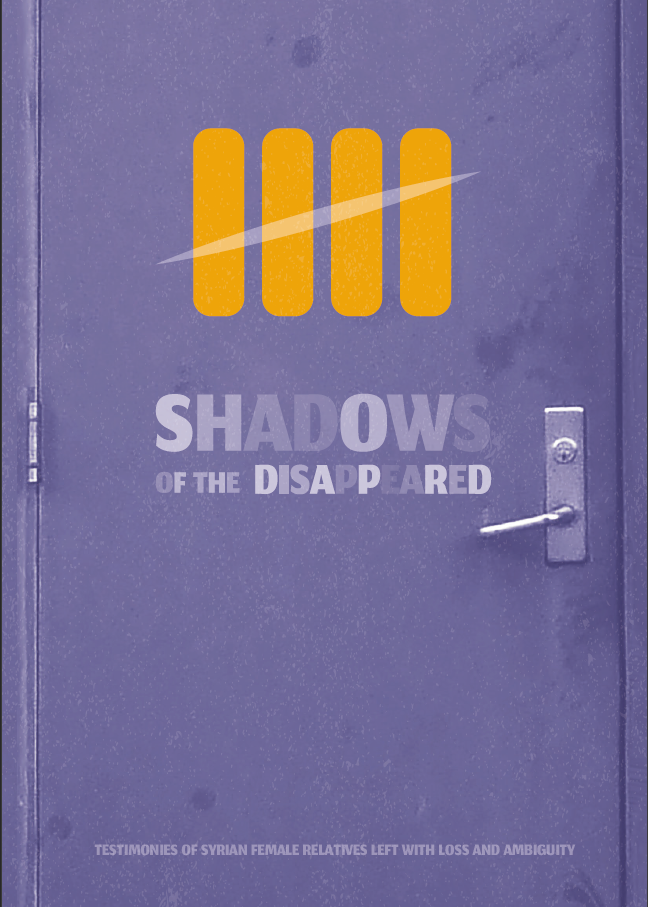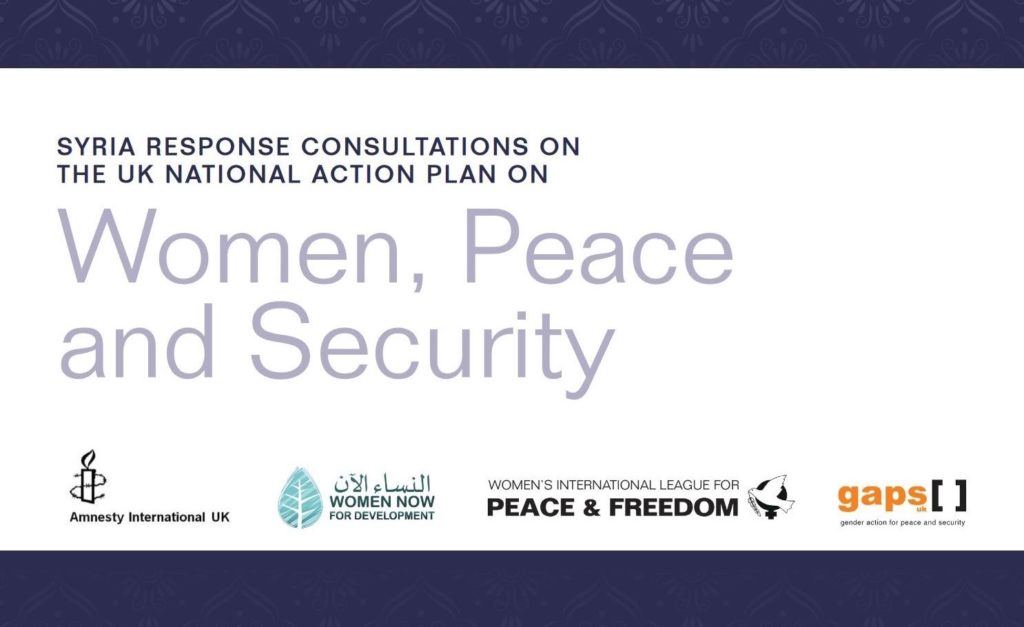Justice of the place
This book that will cover the context of displacements that have occurred in the countryside of Damascus since 2011, recounting the words narrated by women who lived through displacement
Joint submission for the UPR of Syria
It highlights the multifold human rights violations facing women and girls, which have been exacerbated by the conflict. The issues addressed include the systemic discrimination against women and girls in the Syrian Constitution and legal framework
Voluntary return between International law and the experiences of Syrian refugee women in Lebanon
A participatory field research conducted by Women Now for Development in 2019, It addresses the issue of return to Syria from the perspective of Syrian refugee women in Lebanon
Position paper on Perspectives of Forced Displaced Syrian Women on their Conditions, Rights, and Demands
most FDS women are severely traumatized and lack psychological, health, economic, legal, educational, or community support. They have lost their support circles, beloved ones, homes, social and political roles, and jobs
Surviving Freedom
Surviving Freedom An analysis of the experiences of female survivors of detention after their release, based on the testimonies of the ‘Survivors or not Yet’ Campaign
Feminist and Women’s Organisations in Syria
The main motive behind the research was the question of what are the needs, challenges, and opportunities of women and feminist organizations in Syria and how they can be supported on the best way to develop cooperation and effective partnership
Syrian Women’s Readings of the Present, Future, and Associated Concepts
On Identities, Gender Roles, Violence, Peace and Justice, and the possible futures in Syria.
COVID-19 and Women in Syria
Women Now’s CEO Dr. Maria Al Abdeh and Dr. Champa Patel analyze the various gendered consequences of the pandemic on women and girls in Syria as well as their intersection with pre-existing gender injustices in this article “COVID-19 and Women in Syria – Deepening Inequalities” for Friedrich-Ebert-Stiftung.
The disproportionate impact of Covid 19 crisis on women and adolescent girls in middle Bekaa and Women Now for Development’s response
In most countries, women and girls go through different struggles on several levels, from the rigid structure of the patriarchal community to discriminating laws and the exclusion of women from decision making bodies.
Gender Perspective in Transitional Justice Processes
Women Now for Development has provided some recommendations and lessons learned to the special rapporteur on the promotion of truth, justice, reparation and guarantees of non-recurrence
Submission from Women Now for Development to the Government of Ireland – re:EWIPA
In coordination with our partner, Women’s International League for Peace and Freedom (WILPF), we developed a response to deal with the shortcomings of the proposed declaration
Gender Justice and Feminist Knowledge Production in Syria
We are pleased to share this research on Gender Justice and Feminist Knowledge Production in Syria along with the field research that fomred the background work for this paper. Through consultations with Syrian women, we have developed these two papers which aim to shine a light on women’s concepts of justice and advance feminist knowledge production.
Shadows of the Syrian Disappeared: Testimonies of Female Relatives Left with Loss and Ambiguity
This event will include the launching of the report by Dawlaty and Women Now that tackles the multifaceted and profound impact of the disappearance of a loved one on Syrian women, as well as panel discussions that will draw a comparative approach to the Lebanese issue of the disappeared, through a gendered lens.
Report: Save Syrian Schools
“We Didn’t Think It Would Hit Us:”
Understanding the Impact of Attacks on Schools in Syria
Syria Response Consultations on the UK National Action Plan on Women, Peace and Security
The report presents their analysis of barriers and challenges faced with respect to four pillars: participation, violence against women and girls, security and justice, and refugees and forced displacements

